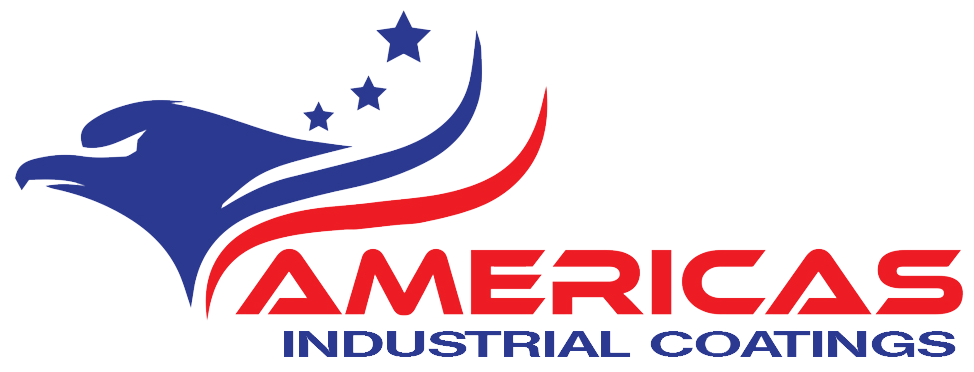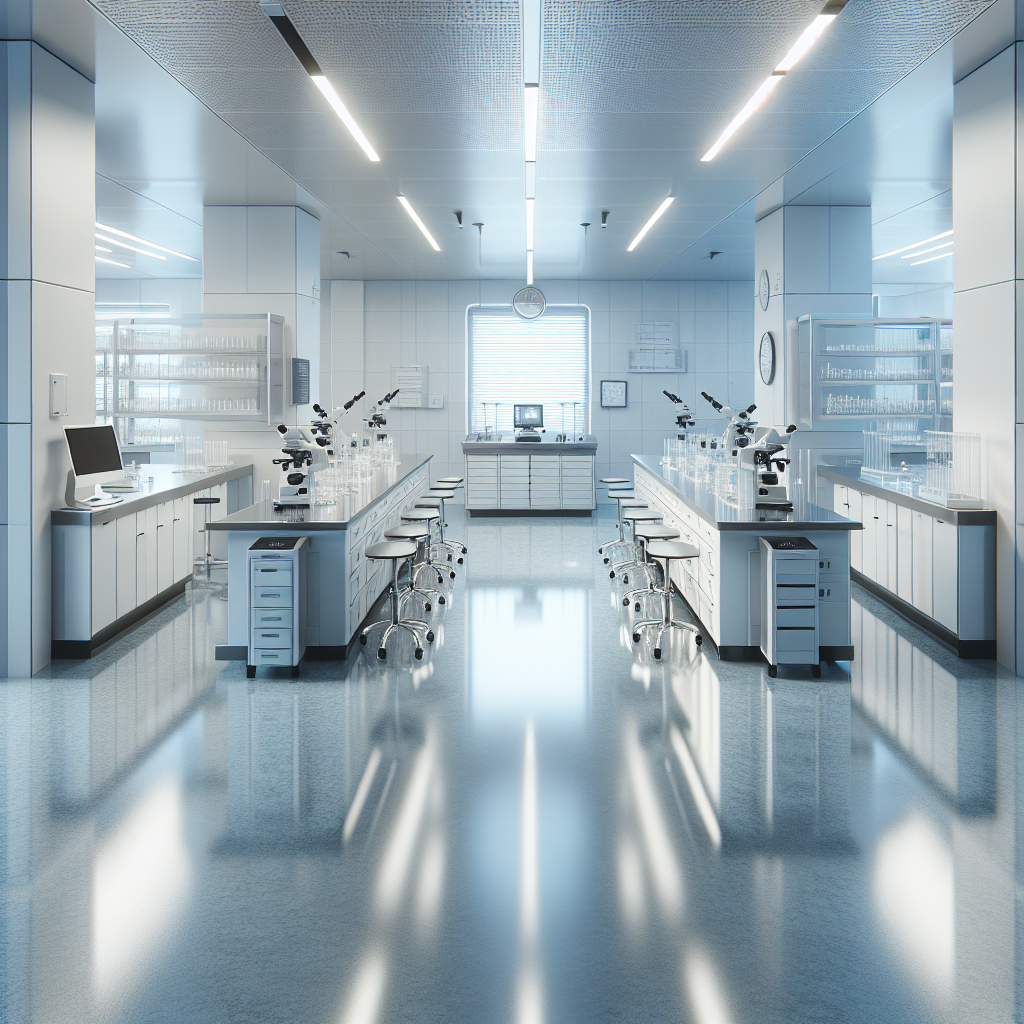When it comes to maintaining a clean, safe, and efficient laboratory environment, flooring plays a crucial role. Epoxy flooring has become the go-to solution for laboratories due to its exceptional durability, chemical resistance, and ease of maintenance. Whether you are setting up a new lab or refurbishing an existing one, opting for an epoxy floor for your laboratory can offer numerous benefits that traditional flooring options simply cannot match.
Epoxy flooring is a type of surface coating that consists of a resin and a hardener. When these two components are mixed, they form a rigid plastic material that is incredibly strong and bonds exceptionally well to most base layers, including concrete. This makes epoxy floors not only durable but also highly resistant to wear and tear, which is essential in a laboratory setting where spills, heavy equipment, and foot traffic are common.
Furthermore, epoxy floors are highly customizable. They come in a variety of colors and finishes, allowing you to design a laboratory space that is both functional and aesthetically pleasing. From seamless finishes that prevent the accumulation of dirt and bacteria to slip-resistant textures that enhance safety, epoxy flooring can be tailored to meet the specific demands of your laboratory environment.
Investing in an epoxy floor for your laboratory is a smart choice that pays off in the long run. Not only does it create a safer and more efficient workspace, but it also reduces maintenance costs and extends the lifespan of your flooring. Call Us Today for a Free Quote and discover how our expert installation services can transform your laboratory space.
Benefits of Epoxy Flooring in Laboratories
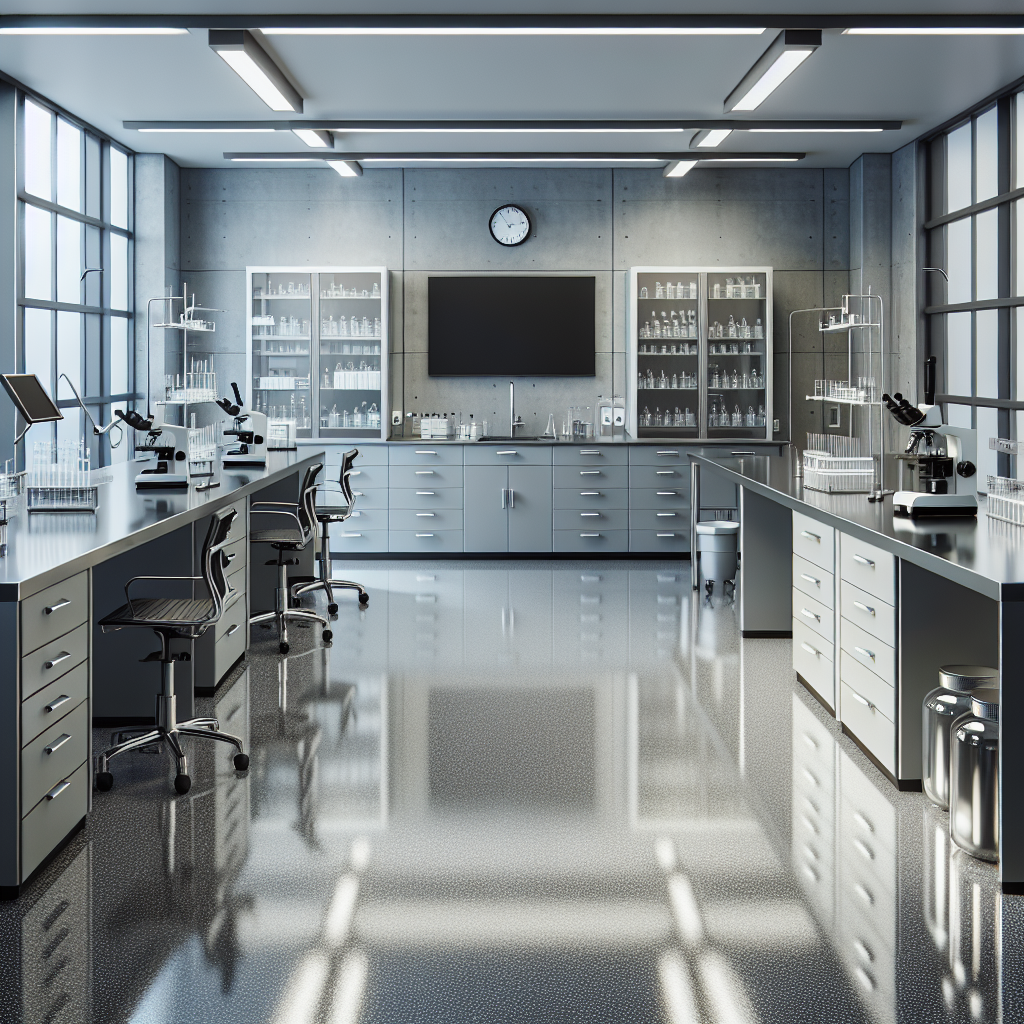
Choosing epoxy flooring for your laboratory brings a multitude of benefits that are hard to overlook. One of the most significant advantages is its chemical resistance. Laboratories often handle a variety of chemicals, some of which can be quite corrosive. Epoxy floors are designed to withstand exposure to these substances without deteriorating, ensuring a safer and more durable flooring solution.
Durability is another key benefit of epoxy flooring. Unlike traditional flooring materials, epoxy floors are highly resistant to physical impacts, abrasions, and heavy foot traffic. This makes them ideal for environments where equipment is frequently moved, and where the risk of dropping heavy objects is high. The robust nature of epoxy flooring means less frequent repairs and replacements, saving both time and money in the long term.
Maintenance is often a major concern in laboratory settings, but with epoxy flooring, it becomes significantly easier. The seamless surface of epoxy floors prevents the accumulation of dirt, dust, and bacteria, making it easier to clean and maintain a hygienic environment. This is particularly important in laboratories where cleanliness is paramount. A simple mop or wipe down is usually sufficient to keep the floor spotless.
Additionally, epoxy flooring can be customized with anti-slip properties, enhancing safety for laboratory personnel. The slip-resistant textures can be particularly beneficial in areas prone to spills, reducing the risk of accidents and injuries.
In summary, the benefits of epoxy flooring in laboratories are numerous: from chemical resistance and durability to ease of maintenance and enhanced safety. These advantages make epoxy flooring a superior choice for any laboratory setting, ensuring a safe, efficient, and cost-effective environment.
Durability and Longevity of Epoxy Floors
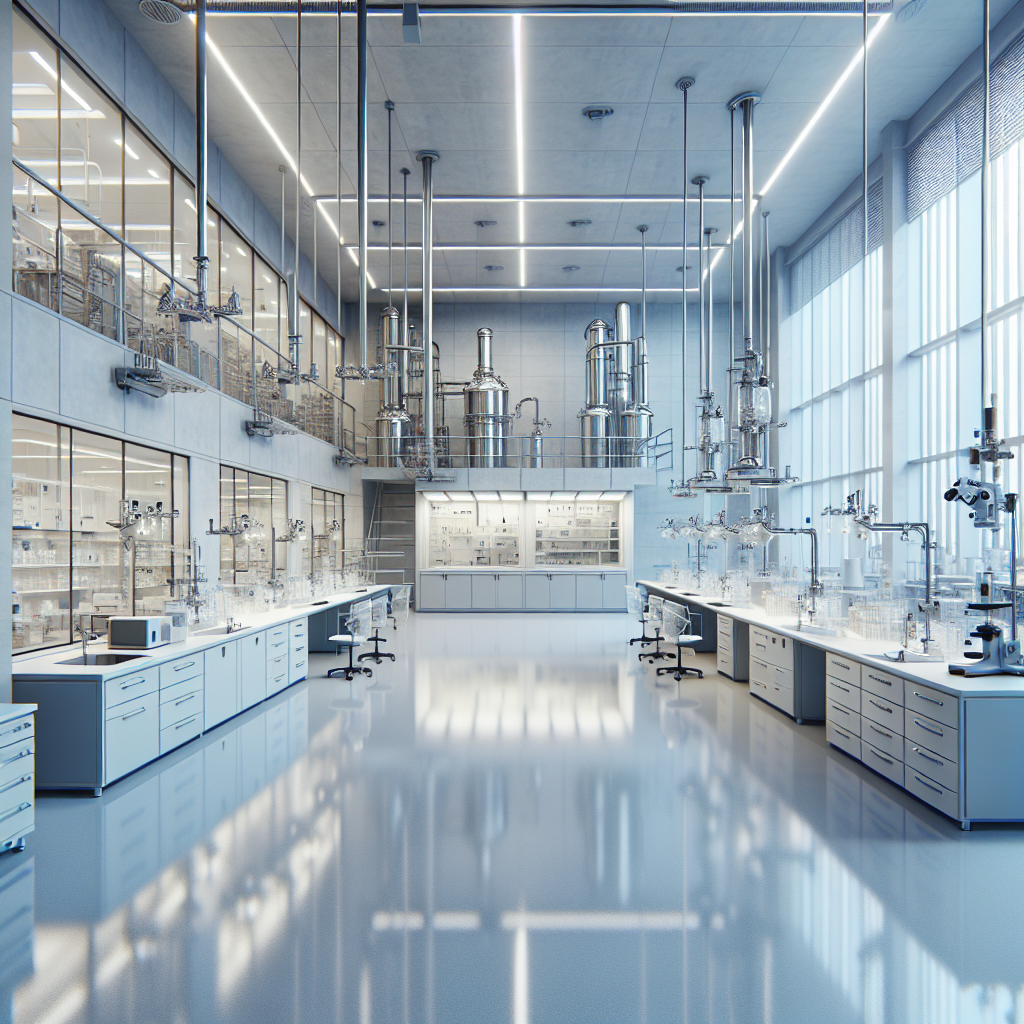
When it comes to flooring solutions for laboratories, durability and longevity are paramount. Epoxy floors excel in these aspects, making them an ideal choice for such demanding environments. One of the primary reasons for their exceptional durability is the robust nature of the epoxy resin itself. This material is renowned for its ability to withstand heavy loads and resist wear and tear, even under constant usage.
Epoxy floors are designed to endure the rigors of daily laboratory activities. They can handle the weight of heavy equipment and machinery without cracking or chipping, which is a common issue with traditional flooring materials. Additionally, epoxy floors are highly resistant to abrasions and impacts, ensuring that they remain intact and functional for many years.
The longevity of epoxy floors is further enhanced by their resistance to chemical spills and stains. Laboratories often deal with a variety of chemicals, some of which can be quite harsh. Epoxy flooring is specifically engineered to resist damage from these chemicals, preventing any deterioration or discoloration. This ensures that the floor maintains its pristine appearance and structural integrity over time.
Another factor contributing to the longevity of epoxy floors is their seamless and non-porous surface. Unlike traditional flooring options that may have seams or grout lines where dirt and moisture can accumulate, epoxy floors provide a continuous, impermeable surface. This characteristic not only aids in maintaining cleanliness but also prevents water and other substances from seeping in and causing damage.
Moreover, the installation process of epoxy floors includes multiple layers, each contributing to the overall strength and durability of the final product. These layers bond together to form a cohesive and resilient surface that can withstand the test of time.
In essence, the durability and longevity of epoxy floors make them a superior choice for laboratories. Their ability to endure heavy usage, resist chemical damage, and maintain a seamless, non-porous surface ensures that they provide a long-lasting and cost-effective flooring solution.
Easy Maintenance and Cleaning
The ease of maintenance and cleaning is another compelling reason why an epoxy floor for laboratory settings is highly recommended. Laboratories are environments where cleanliness is not just preferred but essential, as any contamination can compromise experiments and safety. Epoxy flooring simplifies the cleaning process, ensuring that high standards of hygiene are effortlessly maintained.
One of the standout features of epoxy floors is their seamless and non-porous surface. Unlike tiled or grouted floors where dirt, bacteria, and other contaminants can lodge in the cracks and crevices, epoxy floors provide a smooth, uninterrupted surface that is easy to clean. This characteristic ensures that all spills, dust, and debris can be quickly and efficiently removed without leaving residues behind.
Additionally, epoxy floors are resistant to a wide range of chemicals, including harsh cleaning agents. This means that even the most stringent cleaning protocols can be followed without worrying about damaging the floor. Regular cleaning with a mop, water, and mild detergent is usually sufficient to keep the floor spotless. For tougher stains or spills, stronger cleaning solutions can be used without any risk of corrosion or discoloration.
The glossy finish of epoxy floors also plays a role in simplifying maintenance. The reflective surface not only enhances the aesthetic appeal of the laboratory but also makes it easier to spot and clean any contaminants. Moreover, the finish can be customized to include anti-slip properties, which provide additional safety without compromising on ease of cleaning.
Another significant advantage is that epoxy floors do not require frequent waxing or polishing. Unlike other types of flooring that might need regular upkeep to maintain their appearance and functionality, epoxy floors retain their luster and durability with minimal maintenance. This translates to lower maintenance costs and reduced downtime for cleaning, allowing laboratory operations to continue smoothly.
In conclusion, the easy maintenance and cleaning benefits of epoxy floors make them an excellent choice for laboratories. Their seamless, non-porous surface, chemical resistance, and low maintenance requirements ensure that they remain clean and hygienic with minimal effort, thereby supporting the demanding needs of a laboratory environment.
Safety Features of Epoxy Flooring
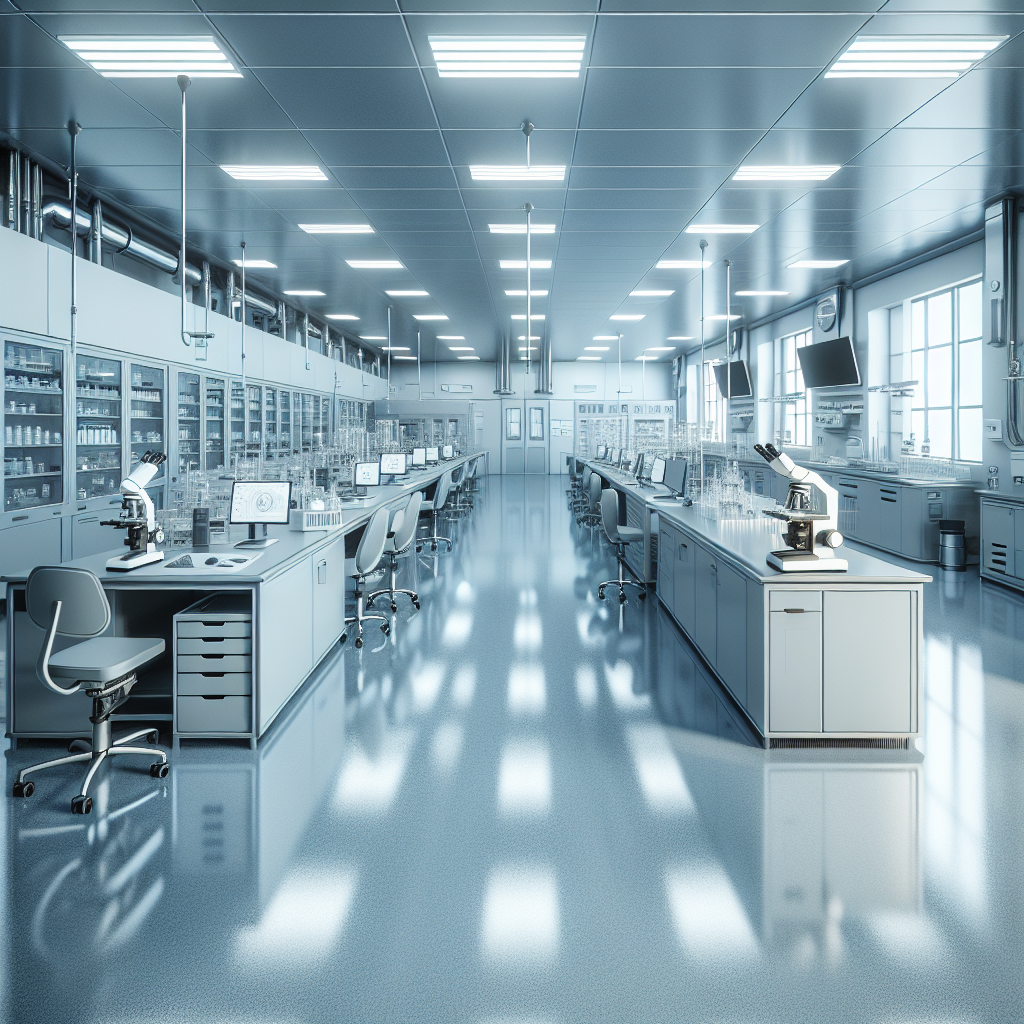
When considering an epoxy floor for laboratory settings, safety is a paramount concern. Epoxy flooring offers several safety features that make it an ideal choice for environments where hazardous materials and sensitive equipment are frequently handled. These features not only protect the personnel but also contribute to a safer and more efficient working environment.
One of the key safety features of epoxy flooring is its slip-resistant properties. Laboratories often deal with wet or slippery conditions due to spills, and having a floor that minimizes the risk of slips and falls is crucial. Epoxy floors can be customized with anti-slip additives that provide a textured surface, enhancing grip and reducing the likelihood of accidents.
Another significant advantage is the fire-resistant nature of epoxy flooring. Laboratories often use flammable chemicals and materials, making fire safety a vital consideration. Epoxy floors are formulated to resist high temperatures and prevent the spread of fire, providing an additional layer of protection in case of an emergency. This feature is especially important in maintaining the overall safety and integrity of the laboratory.
Epoxy flooring also boasts chemical resistance, which is crucial in a laboratory setting. Spills and splashes of various chemicals are common, and having a floor that can withstand these substances without deteriorating is essential. The chemical resistance of epoxy flooring ensures that it remains intact and safe to walk on, even when exposed to potentially corrosive substances.
Additionally, epoxy floors contribute to a safer environment through their seamless and easy-to-clean surface. A clean laboratory is a safe laboratory, and the smooth, non-porous nature of epoxy flooring prevents the accumulation of dust, bacteria, and other contaminants. This not only ensures a hygienic workspace but also reduces the potential for health hazards related to contamination.
Lastly, the durability of epoxy flooring plays a crucial role in safety. A well-maintained epoxy floor can last for many years without developing cracks or uneven surfaces that could pose tripping hazards. This long-lasting reliability means that laboratories can operate with confidence, knowing that their flooring will remain safe and functional over time.
In summary, the safety features of epoxy flooring make it an outstanding choice for laboratories. From slip resistance and fire retardation to chemical resilience and durability, epoxy floors provide a comprehensive safety solution that supports the demanding and sensitive nature of laboratory work.
Cost-Effectiveness of Epoxy Floors
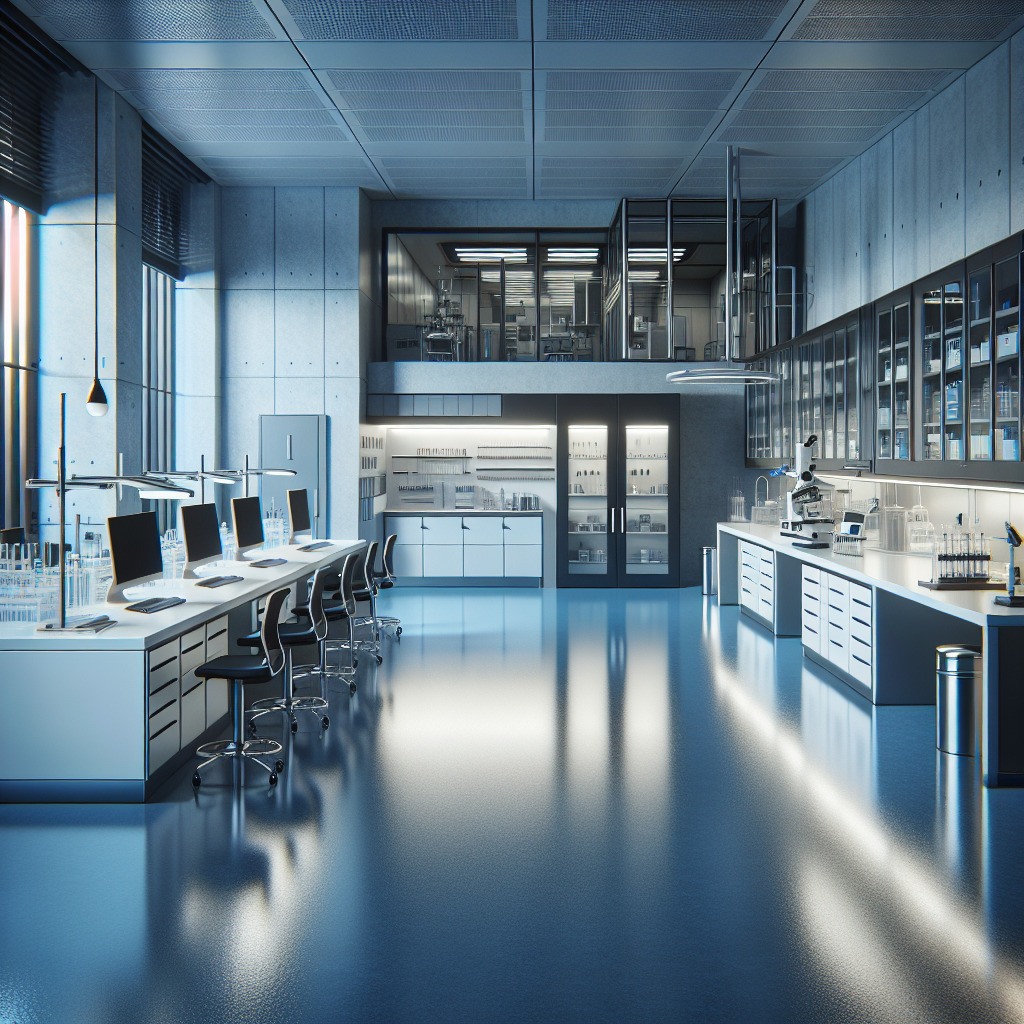
When evaluating flooring options for laboratory environments, the cost-effectiveness of epoxy floors stands out as a compelling advantage. While the initial investment in an epoxy floor for laboratory settings may be higher compared to other flooring materials, the long-term financial benefits make it a smart choice.
One of the primary reasons for the cost-effectiveness of epoxy flooring is its durability. Epoxy floors are known for their ability to withstand heavy foot traffic, equipment movement, and exposure to chemicals without showing signs of wear and tear. This resilience translates to fewer repairs and replacements over time, saving significant costs in the long run.
Another aspect of cost-effectiveness is the low maintenance required for epoxy floors. Unlike other flooring options that may need frequent cleaning, waxing, or special treatments, epoxy floors are easy to maintain. Their smooth, non-porous surface makes cleaning a breeze, reducing labor and cleaning supply expenses. A simple routine of sweeping and occasional mopping is usually sufficient to keep the floor in pristine condition.
Additionally, epoxy floors have an extended lifespan compared to traditional flooring materials. While other floors may need replacing every few years due to damage or degradation, a well-installed and maintained epoxy floor can last for decades. This longevity means that the initial expenditure on epoxy flooring is spread over a more extended period, making it a cost-efficient solution in the long term.
Energy efficiency is another factor contributing to the cost-effectiveness of epoxy floors. The reflective surface of epoxy flooring can improve the lighting in a laboratory by enhancing the brightness of artificial and natural light. This can lead to reduced energy consumption for lighting, further lowering operational costs.
Furthermore, the ease of installation for epoxy floors can result in lower labor costs. Professional installers can efficiently apply epoxy coatings, minimizing downtime for the laboratory. This quick turnaround means that the laboratory can resume operations promptly, avoiding lengthy disruptions that could impact productivity and revenue.
In conclusion, the cost-effectiveness of epoxy flooring is evident through its durability, low maintenance, extended lifespan, energy efficiency, and ease of installation. These factors collectively make epoxy floors a wise financial investment for laboratories looking to optimize their operational costs while maintaining a safe and efficient working environment.
Call Us Today for a Free Quote and discover how epoxy flooring can provide a cost-effective solution for your laboratory. Visit our website at Americas Industrial Coatings to learn more.
